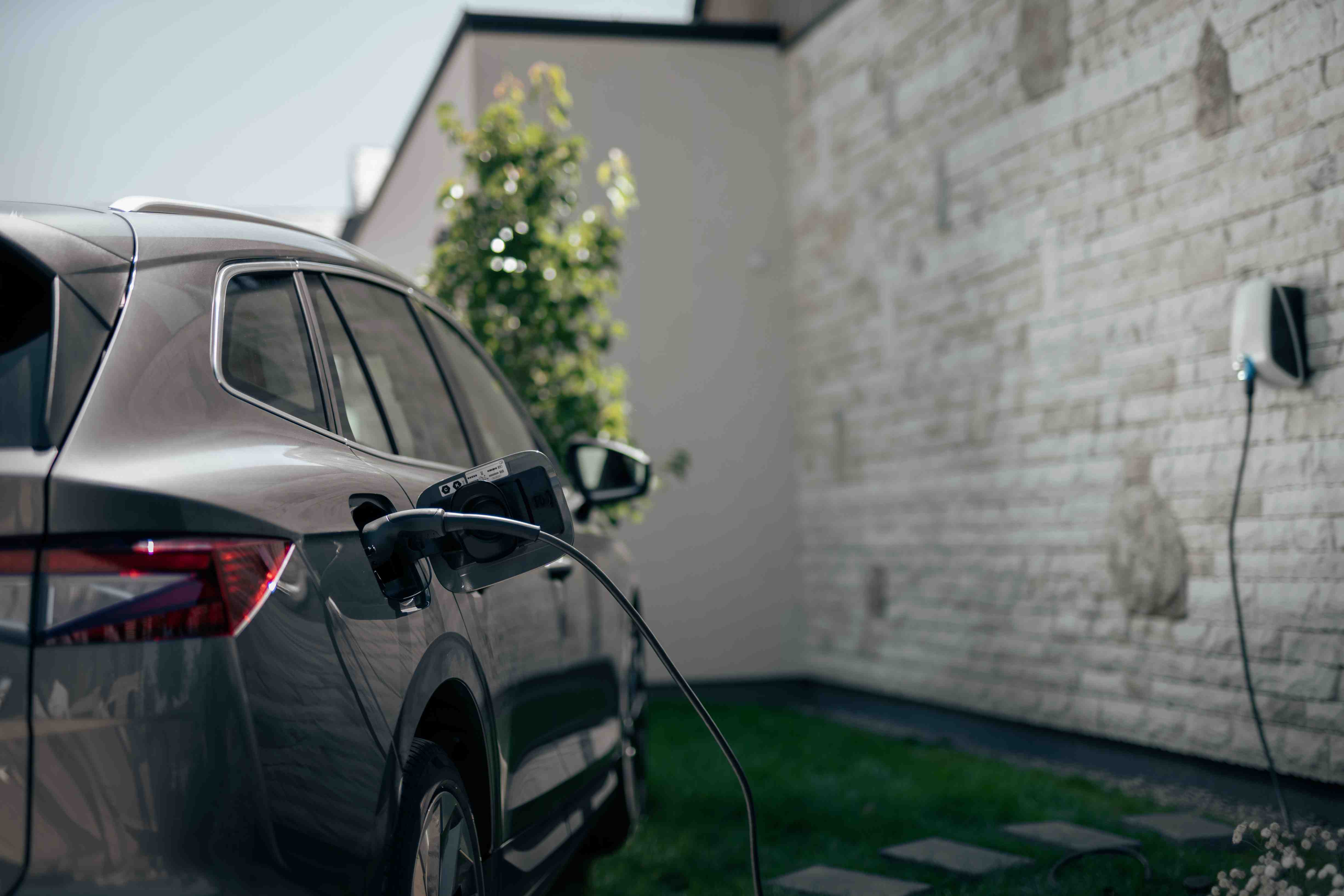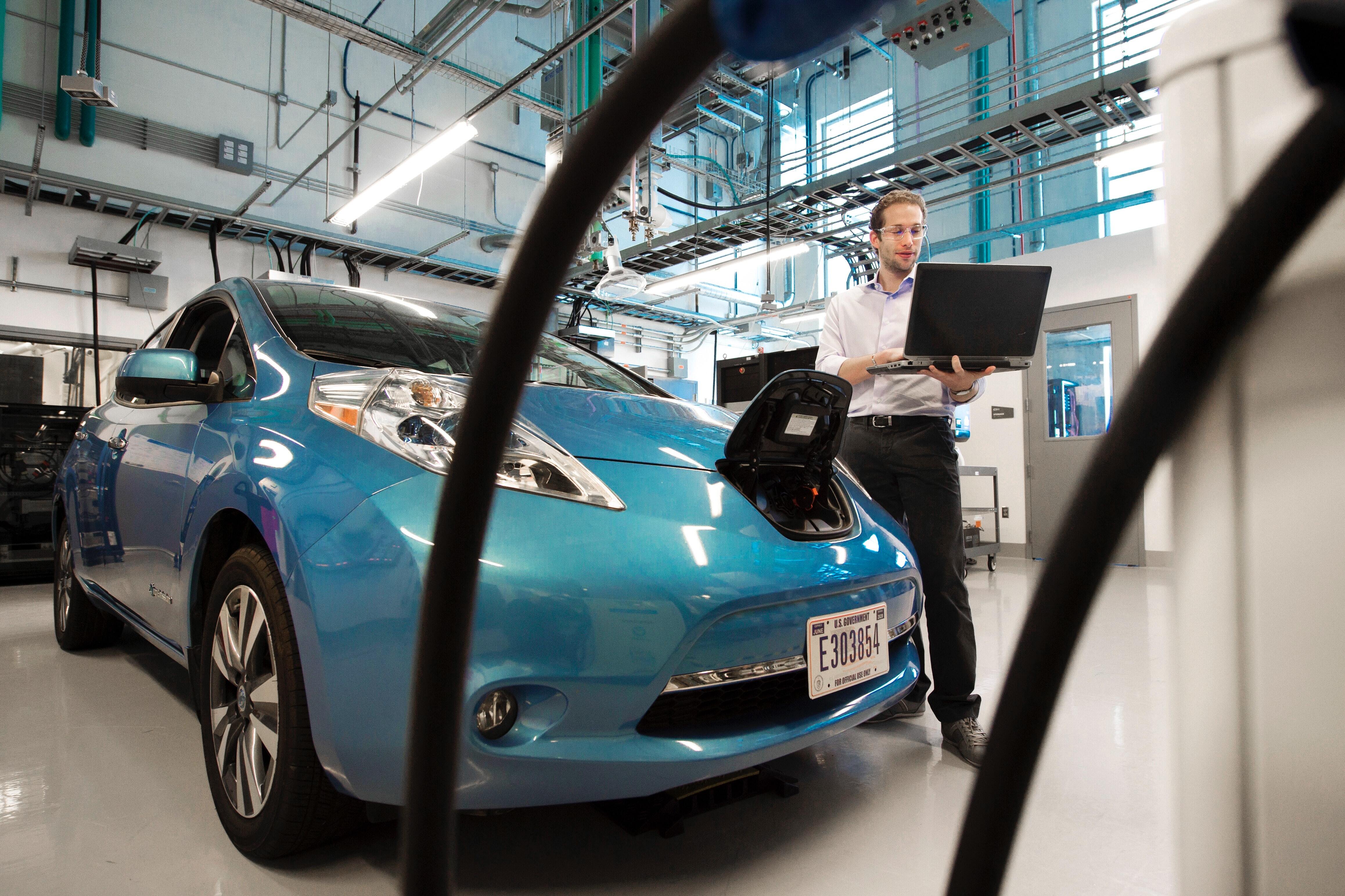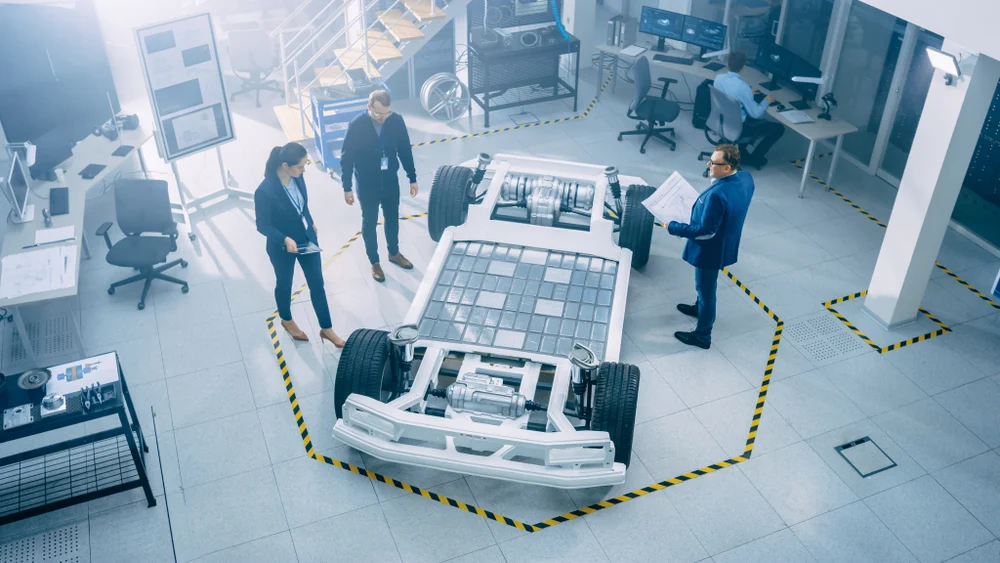Last Updated on May 12, 2023 According to current estimates, most electric vehicle (EV) batteries will last anywhere from 15 to 20 years before requiring replacement. Given that the average lifespan of a car today is roughly 12 years, your EV battery will likely outlast the vehicle itself. In fact, even after your car reaches the end of its life, your EV battery could still have plenty of useful life left for other applications. This article aims to debunk common myths about EV battery life, explain how long EV batteries typically last, provide tips on extending their lifespan, discuss innovative ways they can be repurposed, and explore their recyclability. EVs are more popular than ever, with global sales surpassing 10 million units in 2022. In the first quarter of 2023 alone, over 2.3 million EVs were sold, indicating strong growth potential. Despite this surge in popularity, concerns about battery life remain a sticking point for many potential buyers. While range anxiety is a common concern, another major worry among potential EV buyers is the fear that the battery will degrade too quickly. This fear isn't entirely unfounded—most people are familiar with how consumer electronics like phones and laptops lose battery capacity over time. However, EV batteries are engineered differently and are designed to last much longer than those smaller devices. This article delves into common misconceptions about EV battery longevity, explores how long EV batteries typically last, and provides practical advice on how to maintain and maximize their lifespan. Batteries are everywhere in our daily lives, from smartphones to electric toothbrushes. It’s no surprise that people are concerned about the longevity of EV batteries when they’re used daily. After all, we’ve all experienced how quickly the battery life of our personal devices seems to diminish over time. However, EV batteries are fundamentally different. Unlike smaller consumer electronics, EV batteries are specifically designed to withstand heavy use over many years. Let’s take a closer look at what makes EV batteries so durable and why they can last far longer than you might expect. Most EV batteries consist of thousands of rechargeable lithium-ion cells connected together to form the vehicle’s battery pack. These batteries are known for their high energy density, which allows them to store more energy in a compact space. They also require minimal maintenance and are highly efficient at releasing stored energy. That said, lithium-ion batteries aren’t invincible—they degrade over time with use. As the cells age, they become less capable of holding their original charge. But this process happens gradually, and modern EV batteries are designed to minimize this decline. Unlike your phone or laptop, which may lose up to 20% of its capacity within just a few years, EV batteries are built to last much longer. They’re also used differently than consumer electronics and feature advanced protection systems to slow down degradation. For instance, EV batteries rarely need to be charged to full capacity daily. Even with regular use, the average EV driver doesn’t need to charge their car every day. Additionally, EV batteries come equipped with a Battery Management System (BMS), which monitors and optimizes charging cycles to prevent excessive wear and tear.  Industry experts predict that EV batteries will last between 100,000 and 200,000 miles—or approximately 15 to 20 years. Even as batteries age, their initial large capacity and relatively small annual degradation (about 2.3%) mean that the loss in usable range is barely noticeable to drivers. For example, if you buy an EV today with a 240-km (150-mile) range, you’ll likely only lose about 27 km (17 miles) of accessible range after five years. Real-world examples support these predictions. Nissan, for instance, has been producing EVs for over a decade, and executives claim that nearly all of their EV batteries from that period are still operational. Similarly, Tesla reports an average lifespan of around 200,000 miles in the U.S. and 150,000 miles in Europe. This exceeds the average car lifespan of just 12 years. Moreover, most EV manufacturers offer an 8- to 10-year warranty on their battery packs, ensuring that owners won’t face unexpected costs if the battery fails prematurely. Over the past few decades, improvements in lithium-ion battery technology have led to longer lifespans, enhanced safety, and lower costs. However, like any technology, proper care is essential to maximize performance and longevity. Every time you charge your EV, even if it’s just a small top-up, you’re putting stress on the battery. Over time, this can lead to gradual capacity loss. To preserve your battery, avoid charging it every night unless absolutely necessary. Instead, wait until the battery level drops to a reasonable level before recharging. In addition to avoiding nightly charging, try to keep your battery charge between 20% and 80%. Constantly cycling between full charge and complete depletion can accelerate degradation. By staying within this range, you can help prolong your battery’s life. Leaving your EV unplugged for extended periods with either a full or empty battery can contribute to degradation. If you’re going to be away from your vehicle for a while, it’s recommended to charge it to around 50% before parking it. Some smart charging stations can automatically manage this for you, ensuring your battery stays within safe limits. The single most expensive component of an EV is its battery. According to Reuters, EV battery packs currently cost around $10,000 to $12,000—or about $150 per kWh, as reported by the IEA’s Global EV Outlook 2023. This high price reflects the cost of sourcing rare materials needed to manufacture the battery. Fortunately, battery prices have dropped significantly over the years due to technological advancements and increased efficiency. Today, manufacturing costs account for about 20% of total battery costs, compared to over 30% a decade ago. However, cell production costs rose slightly in 2022 due to increasing material prices and rising electricity costs. Bloomberg New Energy Finance (BNEF) predicts that battery prices will drop again starting in 2024 as lithium supplies increase. Their 2022 survey suggests that average pack prices could fall below $100/kWh by 2026. When EV batteries eventually reach the end of their useful life, what happens to them? Recycling is often cited as the primary solution, but before reaching that stage, many EV batteries can find a second—or even third—life through repurposing. Thanks to their large capacity and ability to charge and discharge efficiently, retired EV batteries can be used for various purposes, such as stationary energy storage. One of the most promising uses for retired EV batteries is as backup power systems for homes or businesses. For example, The Mobility House has developed a bidirectional smart charging system that uses old Nissan Leaf battery packs to stabilize electricity demand at the Johan Cruijff ArenA in Amsterdam. Eventually, even repurposed batteries will reach the end of their useful life. At this point, recycling becomes essential. While recycling lithium-ion batteries presents challenges, growing demand for raw materials is driving innovation. Some techniques now allow up to 95% of the raw materials to be recovered, reducing waste and environmental impact. Battery lifespan is undoubtedly a critical consideration for anyone thinking about buying an EV, given the substantial investment involved. In reality, modern EV batteries are designed to last far longer than the vehicles themselves. If you're curious about making the switch to electric mobility, there's plenty more to learn about EVs and charging infrastructure. Check out our comprehensive EV charging guide to discover everything you need to know. For exclusive insights on electric mobility, subscribe to our newsletter, The Current, for updates delivered straight to your inbox. Subscribe to The Current for exclusive insights on electric mobility.  With helper arms, YuanMech makes the task of changing a tire easier than ever. These tire changers can cater for either standard or alloy rims with run-flat or UHP tires. They provide working speed, ease of use and total safety. Tire Changer Helper Arms,Tilt Back Tire Changer Helper Arm,Fully Automatic Tire Changer Helper Arm,Swing Arm Tire Machine Helper Arms Yingkou Yuanmech Machinery Co Ltd , https://www.yuanmech.com
Electric Car Battery Longevity: More Resilient Than You Think

Understanding EV Battery Life: Addressing Common Concerns

What Are EV Batteries Made Of?
EV Batteries vs Phone Batteries

How Long Do EV Batteries Last?

Tips for Extending Your EV Battery’s Lifespan
Best Practices for Charging Your EV Battery
1. Avoid Charging Every Night
2. Maintain a Charge Between 20% and 80%
3. Optimize Charging During Long Storage Periods

The Cost of EV Batteries
Are EV Batteries Recyclable?

Repurposing Old EV Batteries
Recycling EV Batteries

Learn More About EV Charging
Welcome to the store to check, if you find a product you like, you can send an inquiry, we are happy to serve you.
Last Updated on May 12, 2023 According to current estimates, most electric vehicle (EV) batteries will last anywhere from 15 to 20 years before requiring replacement. Given that the average lifespan of a car today is roughly 12 years, your EV battery will likely outlast the vehicle itself. In fact, even after your car reaches the end of its life, your EV battery could still have plenty of useful life left for other applications. This article aims to debunk common myths about EV battery life, explain how long EV batteries typically last, provide tips on extending their lifespan, discuss innovative ways they can be repurposed, and explore their recyclability. With helper arms, YuanMech makes the task of changing a tire easier than ever. These tire changers can cater for either standard or alloy rims with run-flat or UHP tires. They provide working speed, ease of use and total safety. Tire Changer Helper Arms,Tilt Back Tire Changer Helper Arm,Fully Automatic Tire Changer Helper Arm,Swing Arm Tire Machine Helper Arms Yingkou Yuanmech Machinery Co Ltd , https://www.yuanmech.com
Welcome to the store to check, if you find a product you like, you can send an inquiry, we are happy to serve you.